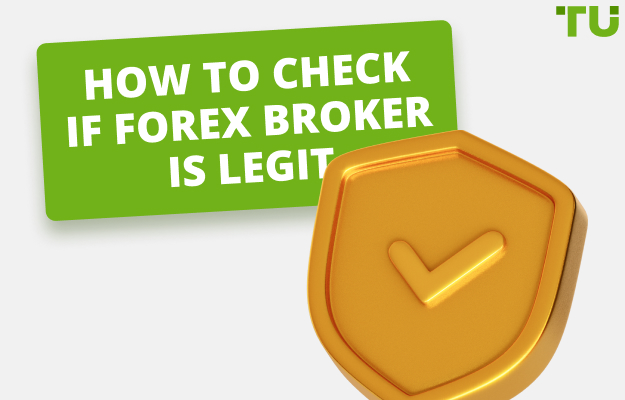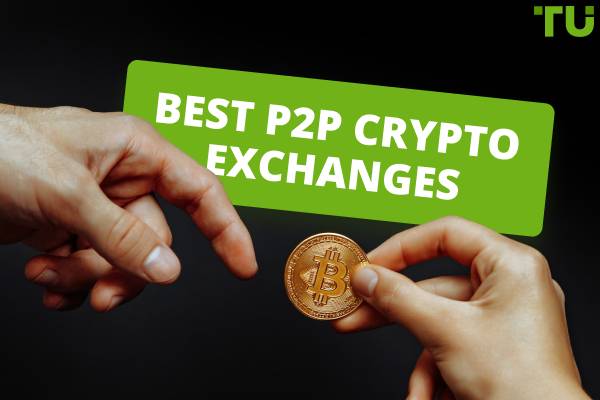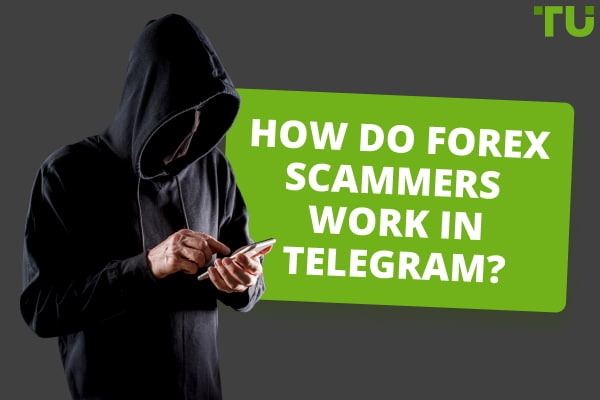Every day, cybercriminals try to gain the trust of traders in order to seize their money. Nowadays, cryptocurrency trading is at the peak of popularity and opens up many opportunities for high earnings. However, where there is a lot of money, there are always risks to meet scammers who are ready to use human weaknesses in their favor.
In this article, Traders Union experts will tell you what fraud schemes exist and what signals allow you to identify scammers.
When trading digital assets, there are always risks of encountering fraudsters whose main goal is to leave as many traders as possible with empty pockets. They often use such schemes as phishing, pump and dump, fake coins and pyramid schemes. The main signs of an unscrupulous exchange are: lack of regulation, inaccurate information on the site, overly tempting offers, and dubious coins.
Crypto trading scams:
|
Broker |
Year of scam |
|---|---|
|
2022 |
|
|
2023 |
|
|
2022 |
|
|
2025 |
|
|
2020 |
-
What are common crypto scams?
The most common fraud schemes are Pump and Dump, cryptocurrency pyramid schemes, fake terminals with the help of which scammers completely manage your transactions, fake tokens with unprecedented growth prospects.
-
How do crypto scams work?
Scammers pretend to be licensed companies that supposedly have been operating on the market for years and have an impressive client base and promising financial indicators. As soon as a trader is on the hook, they start forcing him to replenish his balance as soon as possible. And then everything depends on the scheme of the scam: either they offer to invest in a non-existent token, or recommend downloading fake software, or block the account without further explanation.
-
Can you get crypto back after being scammed?
Unfortunately, when you make a cryptocurrency transaction with a third party, there is no stopping it. If you have been victimized by fraudsters, there is no way to get your cryptocurrency back.
-
What if I got scammed on crypto?
If you are convinced that you have been a victim of fraud, act quickly: do not send any more money, immediately contact your bank or financial institution to report the fraud, also ask them to stop any transactions (if you were sending cryptocurrency, contact the platform you used to send the assets), collect evidence of the fraud, write a review so that other users do not get into the same situation.





















